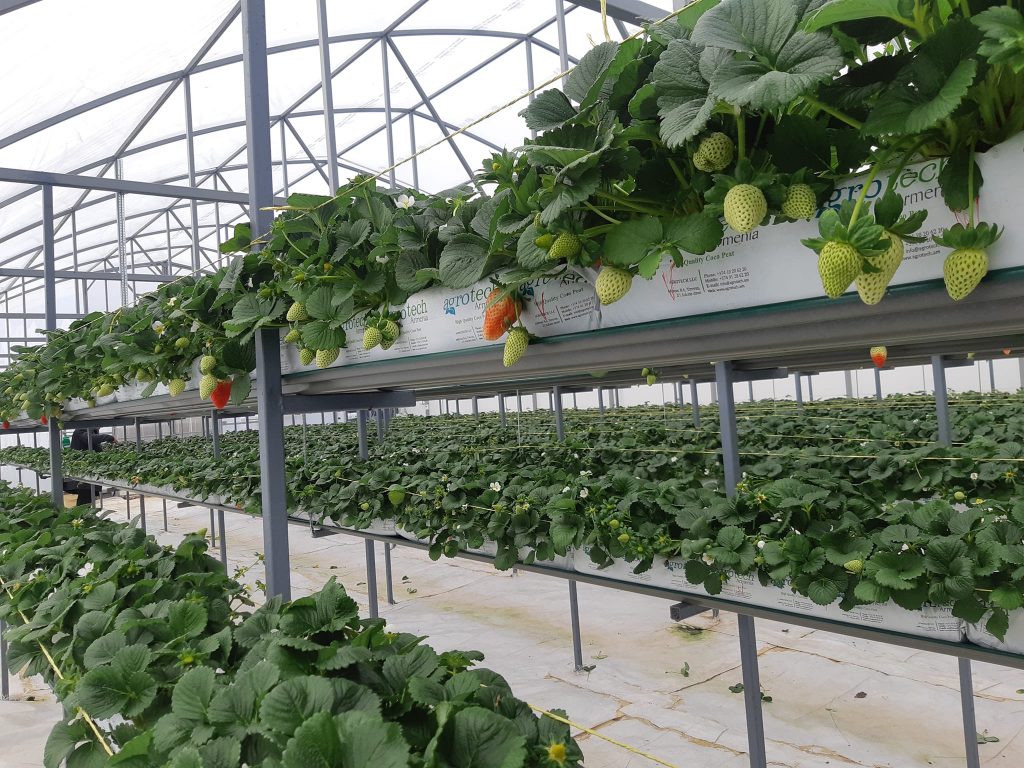The School Feeding and Child Welfare (SFCW) Agency, in partnership with various stakeholders, is innovating around the “Sustainable School Feeding” program by integrating economic systems that empower schools to produce their own food and utilize the outcomes to advance the program’s objectives. This initiative not only aims to make schools self-sufficient in producing food but also to leverage these activities to enhance the overall quality of education and school infrastructure.
By integrating solar panels, schools can eliminate electricity costs, a significant financial burden. This energy-saving measure redirects funds previously allocated for utility bills towards educational enhancements and program expansion. Similarly, the establishment of greenhouses and intensive gardens allows students to actively participate in growing vegetables and fruits, such as tomatoes and lettuce, directly on school grounds. This hands-on experience not only educates them about sustainable agriculture but also ensures a steady supply of fresh produce for school meals.
Moreover, by introducing facilities like fruit dryers, schools can process surplus produce into nutritious snacks. This not only prevents food waste but also creates an opportunity for schools to generate additional income by selling these healthy products. The revenue generated can be reinvested into the school to improve facilities, enhance educational materials, and further support the school feeding program.
To complement these practical ventures, the SFCW Agency is dedicated to developing training modules focused on entrepreneurship and financial management. These courses are designed to build capacity among participants, equipping them with essential skills in business operation, financial planning, and accounting. This educational component of the Transformative School Feeding initiative aims to foster a culture of self-reliance and innovation, preparing students and school staff to effectively manage and expand their projects.
Through these multifaceted efforts, the “Sustainable School Feeding” program is not just about providing meals; it’s about transforming schools into hubs of sustainability, entrepreneurship, and community engagement, setting a precedent for future educational initiatives.


